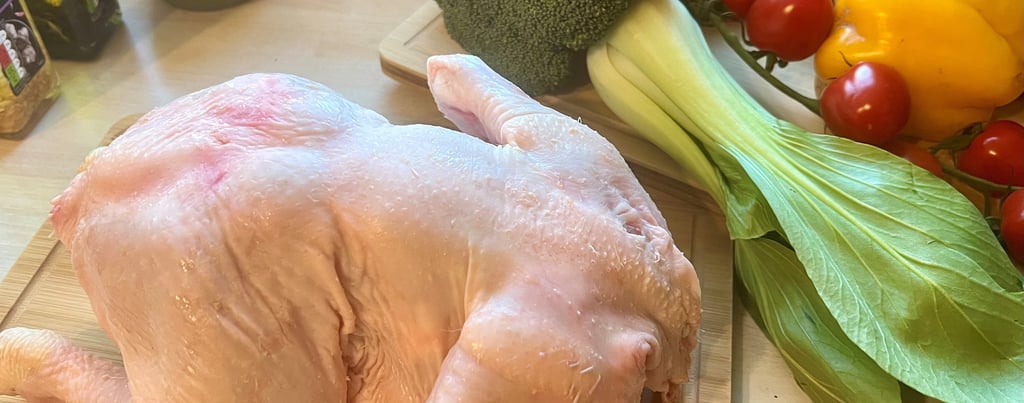Tips to Avoid Cross Contamination While Cooking
3/23/20252 min read


Understanding Cross Contamination
Cross contamination is a risk that can easily occur in any kitchen. It happens when harmful bacteria or allergens from one food come into contact with another, potentially contaminating it. This can lead to foodborne illnesses, which can be serious. Understanding the importance of preventing cross contamination when cooking is essential for maintaining food safety and protecting your health.
Best Practices to Prevent Cross Contamination
1. **Separate Food Items**: Always keep raw meat, poultry, and seafood separate from other foods such as fruits and vegetables. Use different cutting boards and utensils for these items. This simple step can significantly reduce the risk of cross contamination in your kitchen.
2. **Wash Hands and Surfaces Frequently**: It is crucial to wash your hands with soap and water before and after handling food, especially raw proteins. Additionally, ensure that your countertops, cutting boards, and utensils are cleaned thoroughly after preparing any food. Using hot, soapy water will effectively eliminate bacteria.
3. **Store Food Properly**: When storing food, make sure to place raw meat on the bottom shelf of your refrigerator. This prevents juices from dripping onto other foods that may be more susceptible to contamination. Seal foods in airtight containers to avoid cross contamination during storage.
4. **Use Clean Utensils**: Always use a clean knife and cutting board when preparing different types of food. Reusing the same utensil for multiple dishes can transfer bacteria, even if you’re cutting fruits or vegetables shortly after raw meat. Moreover, it’s wise to have color-coded utensils to differentiate between food types.
Important Considerations When Cooking
When cooking, always ensure that the internal temperature of the food is sufficient to kill any potential pathogens. For instance, poultry should be cooked to an internal temperature of 165°F (75°C). Utilizing a food thermometer can help you verify that your food is cooked safely.
Additionally, remember that rinsing raw meat or poultry is not recommended as it can splatter juices onto surrounding surfaces, potentially leading to cross contamination. Keep your cooking area organized and limit the number of foods you handle at one time to stay focused and maintain cleanliness.
In conclusion, avoiding cross contamination when cooking is essential for food safety. By implementing these best practices, you can significantly reduce the risk of spreading harmful bacteria and allergens in your kitchen. Adopting these habits into your cooking routine will help ensure that you and your loved ones enjoy meals that are not only delicious but also safe. With proper food handling techniques, you can take steps to safeguard your health while preparing food.
